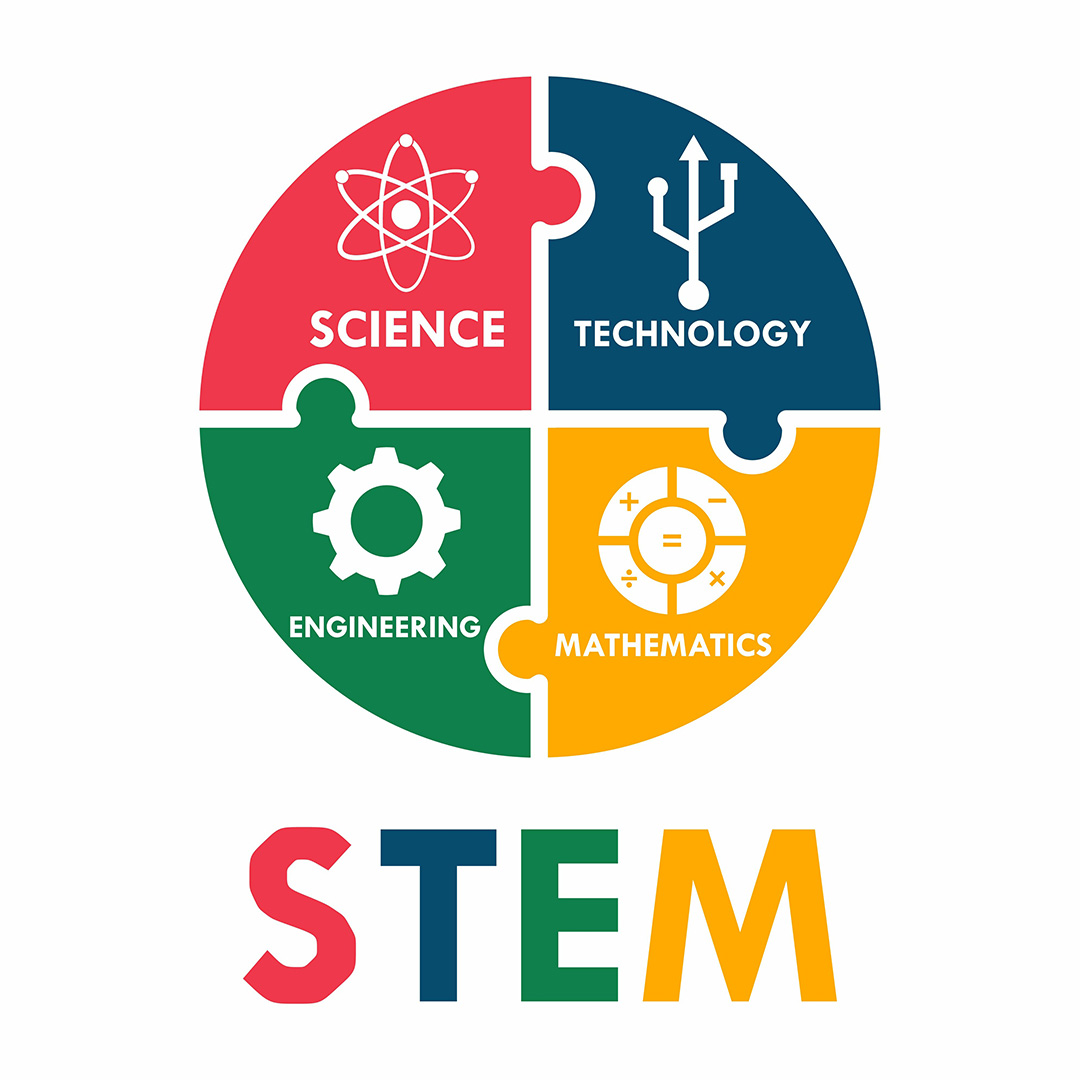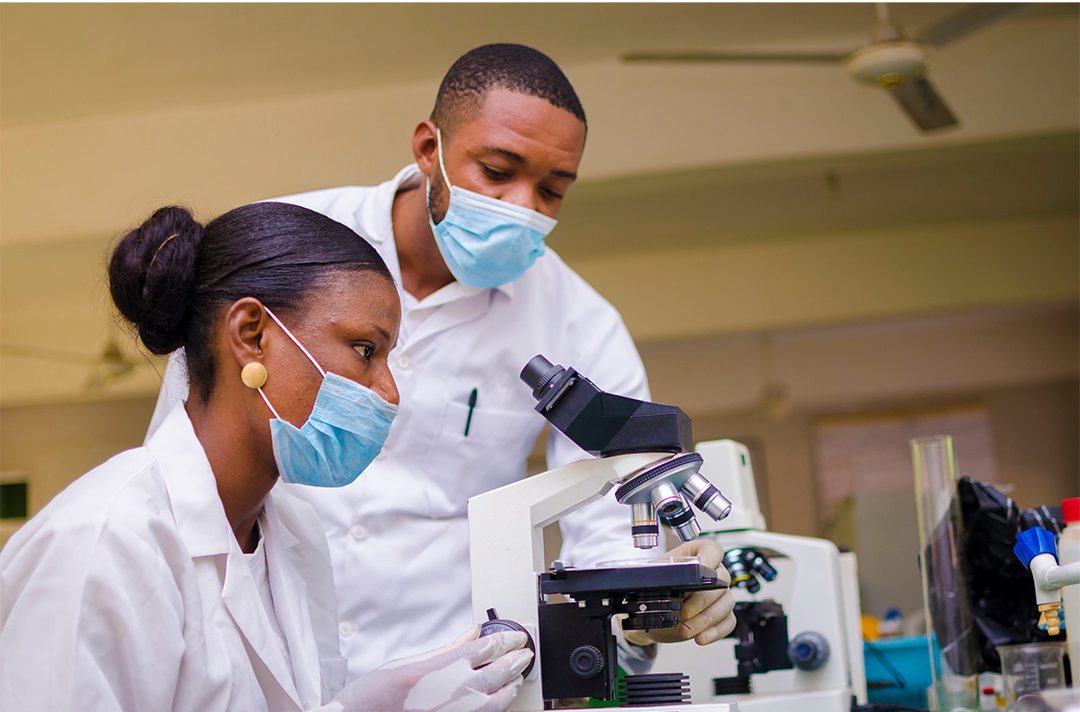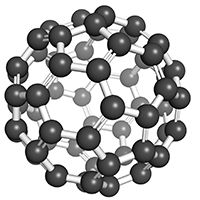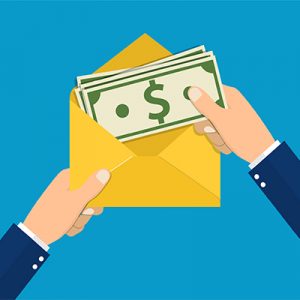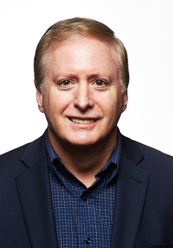 The U.S. National Science Foundation (NSF) issued a new Dear Colleague Letter (DCL) encouraging Minority Serving Institutions (MSIs) to submit proposals for new Centers of Research Excellence in Science and Technology (CREST Center) addressing the social, political, cultural or cognitive dimensions of “advancing emerging technologies.”
The U.S. National Science Foundation (NSF) issued a new Dear Colleague Letter (DCL) encouraging Minority Serving Institutions (MSIs) to submit proposals for new Centers of Research Excellence in Science and Technology (CREST Center) addressing the social, political, cultural or cognitive dimensions of “advancing emerging technologies.”
CREST projects are five-year research awards that increase research capacity and infrastructure at MSIs.



